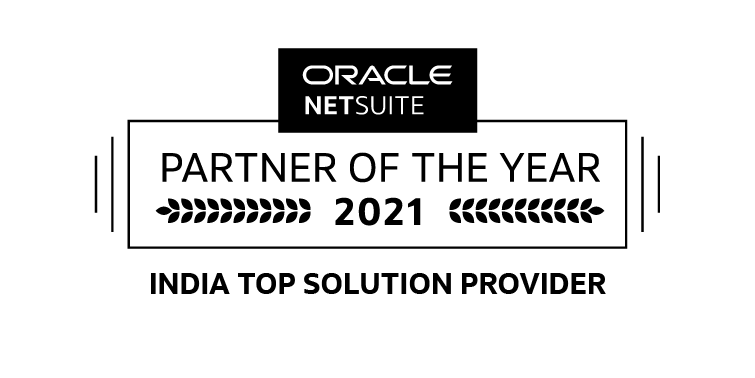GST has a multifold impact on ERP systems, which has been highlighted below:
Business Process Refinement:
Business processes such as interstate stock transfers, subcontracting, etc. might be required to be closely evaluated, since in the proposed GST framework, taxes are also levied on such transfers. In addition to this, the process for tax utilization at the end of the month might also have to be setup as per the new policies.
Tax Configuration and Computation:
GST council has agreed on rate structure as 0%, 5%, 12%, 18% and 28. These different slab rates have to be defined in system.
In case of Intra-state transactions, Seller collects both CGST and SGST from buyer. In case of Inter-state transactions, Seller collects IGST from buyer. Additionally, on Luxury/Demerit goods, Seller has to collect additional cess. Provision should be made in the ERP system to accommodate these tax calculation changes.
Document Numbering:
A unique sequential numbering for outgoing GST invoices may be specified, which need to be configured as per the directives of the tax authorities.
Master Data Amendments:
Model GST law has defined new rules with respect to charge of tax, place of supply of goods and services and time of supply. The tax rates applicable on various transactions will also differ on the basis of these rules. To address such scenarios, there arise a requirement to revisit the master data such as Customer’s Bill To and Ship To Addresses, Warehouse Information, Inventory and Item Masters etc. This will streamline the tax determination and reporting thereafter in the ERP system.
Reporting and Invoice:
All the existing reports pertaining to the current indirect tax regime will become obsolete and new reports needs to be designed as per the GST Law. Consolidation of tax compliance in ERP system will also result in vulnerability on timely submission, as it becomes single point of failure for overall reporting, and hence more robust workflows needs to be planned and implemented.
Input Tax Credit (ITC):
Input Tax Credit (ITC) is the backbone of the GST regime. GST is nothing but a value added tax on goods & services combined. It is these provisions of Input Tax Credit that make GST a value added tax i.e., collection of tax at all points after allowing credit for the inputs.
Closure or reversal of partially open transactions:
Partially-open transactions such as goods received but an invoice has not been booked, or goods issued for sale but not received by the customer, etc. need to be closed or reversed and migrated to the new system.
Migration of open Transactions:
Open transactions, including contracts, purchase orders and sales orders, may have to be migrated.
Companies need to adopt a proactive approach in understanding the potential impact of GST on their ERP systems before the GST Bill becomes a law. Post finalization, there could be multiple changes to the supply chain, which again could have a cascading impact on the underlying ERP. Companies are thus recommended to be well-prepared, before GST comes into effect.







